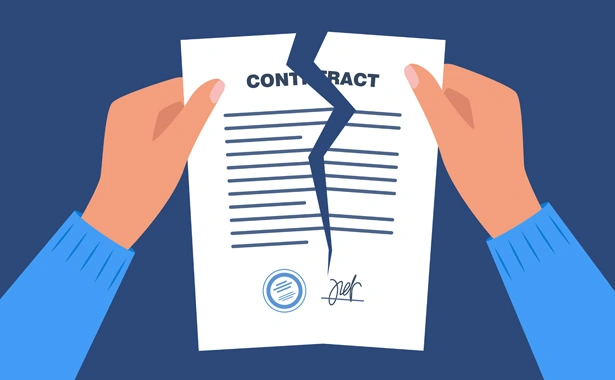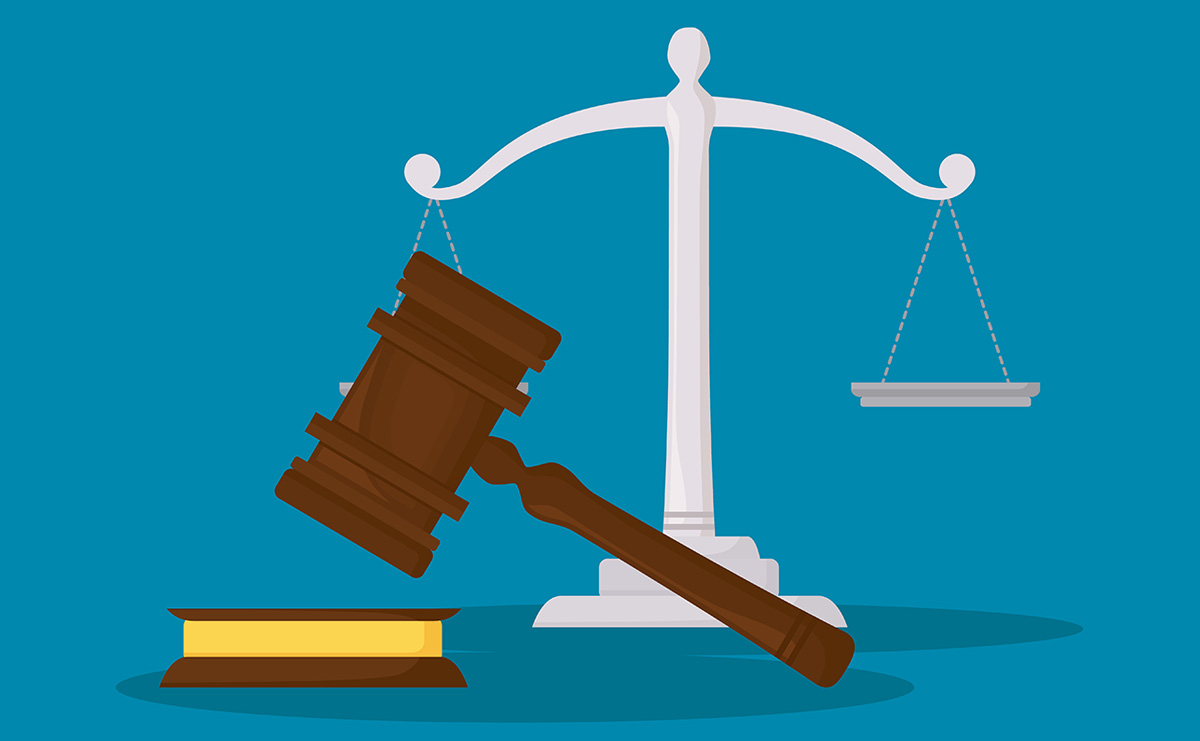Government BC | Tenancy Forms – RTB-1
RTB-1 – Residential Tenancy Agreement in British Columbia
The document is a comprehensive residential tenancy agreement form British Columbia, outlining terms and conditions governing the landlord-tenant relationship. It covers various aspects including rent, deposits, repairs, pet regulations, and dispute resolution in alignment with the Residential Tenancy Act. RTB-1 form serves as a legal contract, ensuring both parties’ rights are protected and understood, and it includes sections for detailed information about the parties involved, the rental property, and specific terms of the tenancy.
Filling out the RTB 1 – Residential Tenancy Agreement in British Columbia involves several detailed steps as follows:
- Introduction
- Read the Important Notes at the beginning of the agreement carefully to understand the legal implications and the scope of the agreement.
- Parties Involved
- Landlord(s) and Tenant(s) Information: Enter the full legal names of the landlord(s) and tenant(s). If the landlord is a business, use the ‘last name’ field box to enter the full legal business name.
- Contact Information: Fill in the optional phone number and email address for both landlords and tenants if available.
- Rental Unit Address
- Enter the complete address of the place being rented, including unit number, street number and name, city, province, and postal code.
- Address for Service
- Fill in the address for service for the landlord or the landlord’s agent, including daytime phone number, fax number, and optional email address.
- Agreement Terms
- Beginning and Term of the Agreement: Check the appropriate box (A, B, or C) to indicate the type of tenancy (month-to-month, another periodic basis, or fixed term). Fill in the start date and, if applicable, the end date of the tenancy. If option C is chosen, decide if the tenancy will continue after the end date (D) or if it will end (E) and complete the relevant sections.
- Rent Details
- Payment of Rent: Specify the amount of rent, the frequency (day, week, month), and the due date.
- What is Included in the Rent: Check the services and facilities included in the rent (e.g., water, electricity, parking) and provide any additional information if needed.
- Deposits
- Security and Pet Damage Deposits: Enter the amounts and due dates for any required deposits.
- Additional Terms
- If there are any additional terms agreed upon between the landlord and tenant (e.g., pets, yard work), write them down. Make sure these terms comply with the Residential Tenancy Act.
- Signatures
- Landlord(s) and Tenant(s) Signatures: All parties must sign and date the agreement to make it legally binding.
General Tips:
- Ensure all information is accurate and legible.
- Both the landlord and tenant should keep a copy of the completed agreement.
- Review the sections on rent increases, repairs, and the rights and obligations regarding pets and guests.
This form is a legally binding document that outlines the rights and responsibilities of both landlords and tenants under the Residential Tenancy Act.
BC Tenancy Agreement
A tenancy agreement BC, also known as a lease agreement in British Columbia, Canada, is a legally binding contract between a landlord and a tenant. This agreement outlines the terms and conditions under which the tenant can rent property from the landlord.
BC Rental Agreement 2023
In British Columbia, a tenancy agreement, required to be in writing under the Residential Tenancy Act (RTA), outlines the terms between a landlord and tenant. Even though verbal agreements are legally recognized, written contracts ensure clarity and security for both parties. A standard BC rental agreement in 2023 must include details such as the names and contacts of the landlord and tenant, rental unit address, tenancy start date, rent amount, and how it’s to be paid, among other specifics like deposit amounts and terms about the tenancy’s end. It is crucial for both landlords and tenants to familiarize themselves with these requirements to ensure their agreements comply with the RTA and protect their rights.
Disclaimer: This guide is provided for informational purposes only and is not intended as legal advice. You should consult the Residential Tenancies Act or a legal professional.




